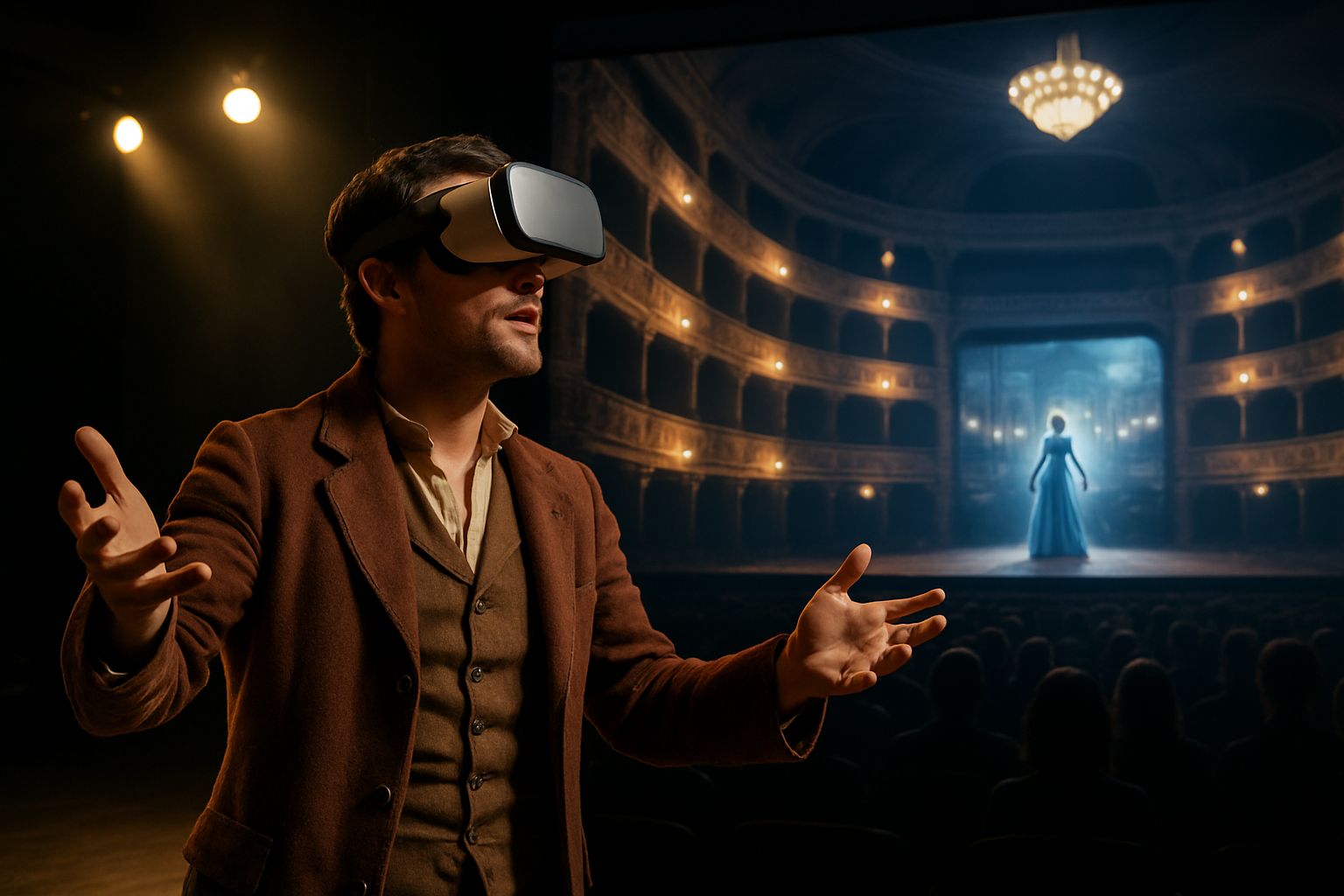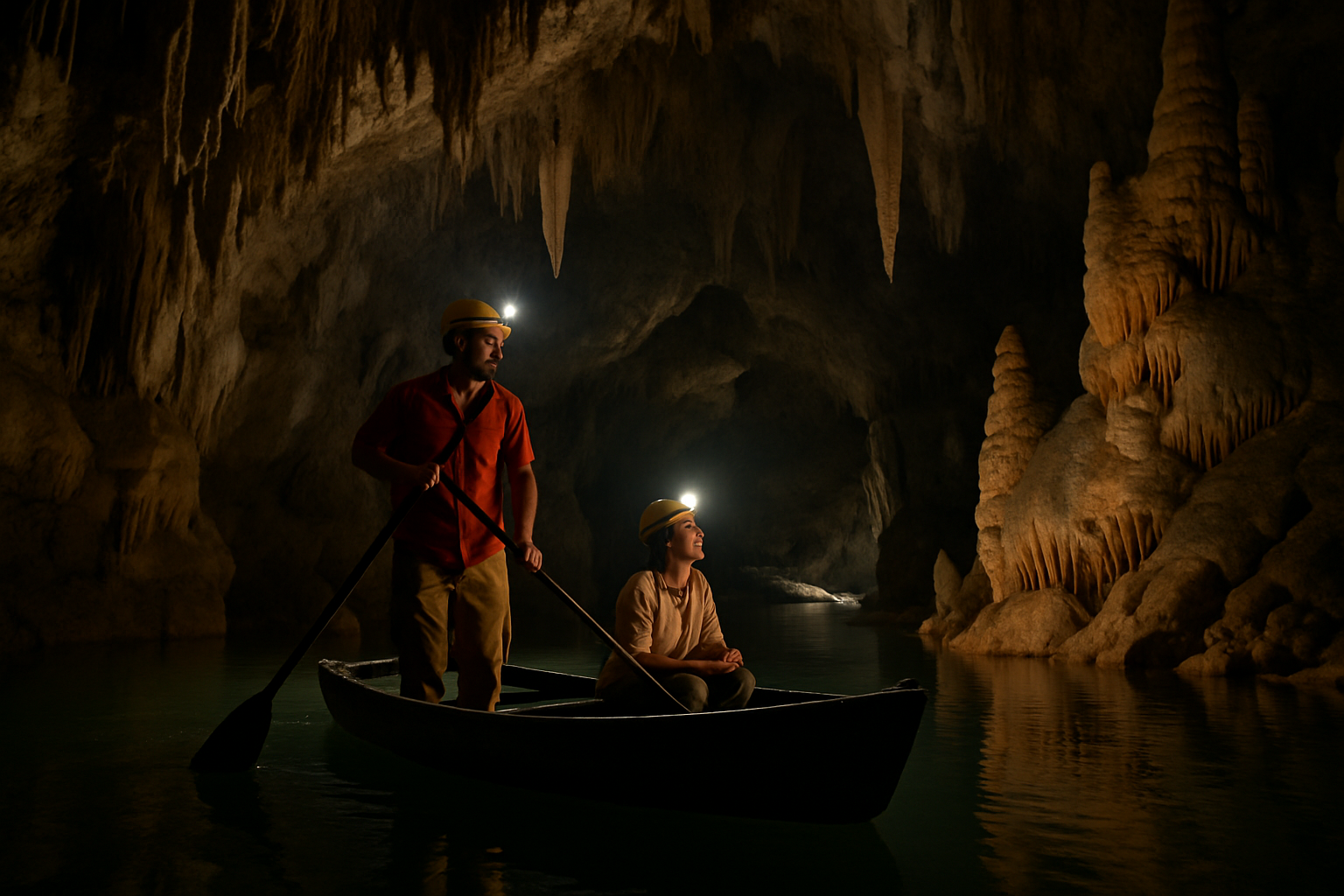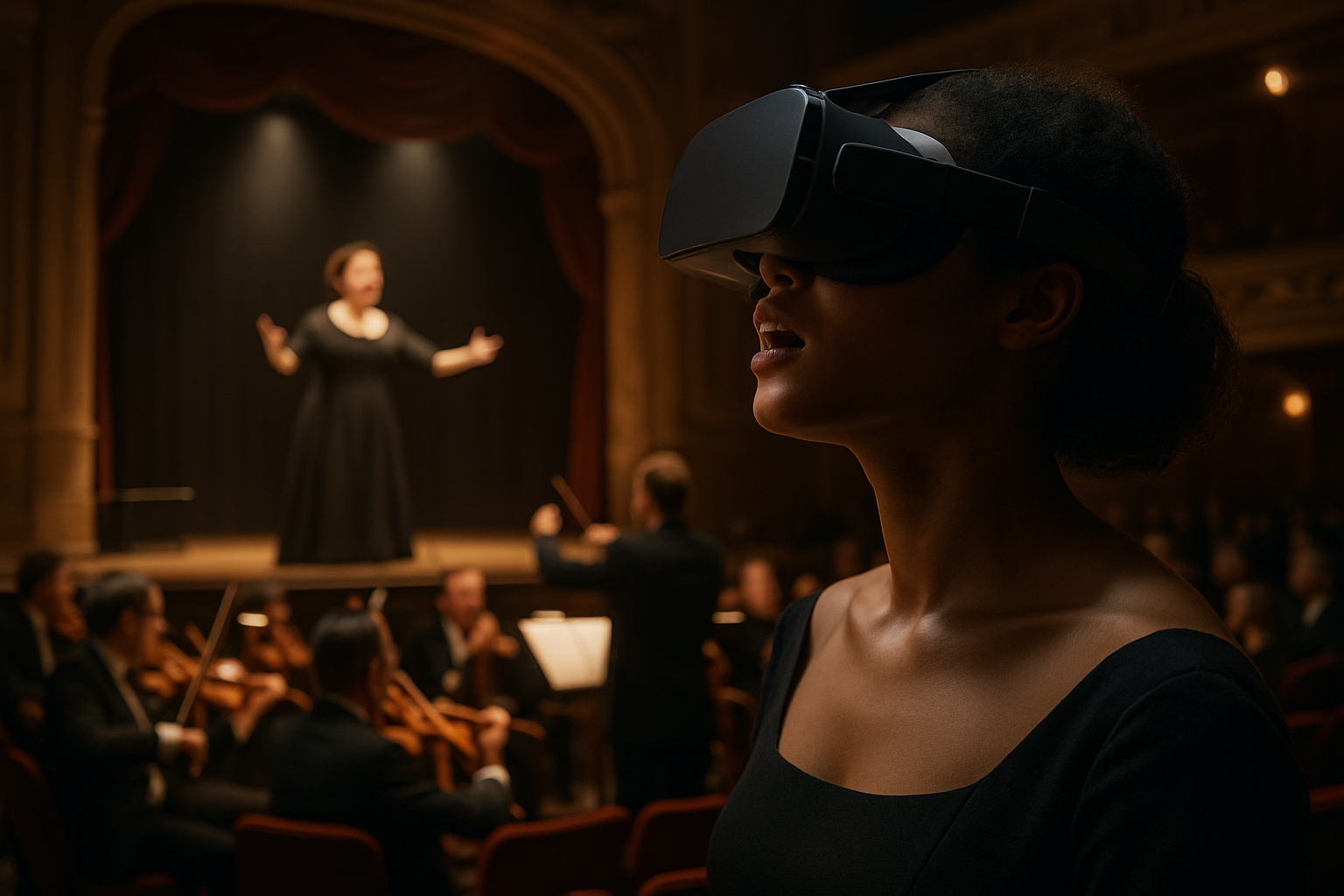Virtual Reality Opera: Redefining the Classical Art Form
In the ever-evolving landscape of performing arts, a groundbreaking fusion of technology and tradition is taking center stage. Virtual Reality Opera, a cutting-edge innovation, is reshaping the centuries-old art form, offering audiences an immersive and interactive experience that transcends the boundaries of conventional opera houses. This revolutionary approach is not only attracting a new generation of opera enthusiasts but also challenging established norms of performance and storytelling in the classical music world.

Redefining the Audience Experience
Virtual Reality Opera fundamentally transforms the relationship between performer and spectator. Unlike traditional opera, where audiences are confined to their seats, VR operas allow participants to move freely within the virtual space, choosing their vantage points and even interacting with elements of the set or characters. This level of immersion creates a deeply personal and engaging experience, blurring the lines between observer and participant.
Technological Challenges and Innovations
Bringing opera into the virtual realm presents unique technical challenges. Sound design, in particular, requires innovative approaches to maintain the emotional impact and acoustic quality of live performances. Engineers and sound designers have developed sophisticated spatial audio techniques that adapt to the viewer’s position within the virtual space, preserving the nuanced dynamics of operatic music.
Artistic Possibilities and Creative Freedom
For composers and librettists, Virtual Reality Opera opens up new realms of creative expression. Freed from the physical constraints of traditional stages, creators can design fantastical environments that were previously impossible to realize. This medium allows for seamless scene transitions, surreal visual effects, and interactive narratives that respond to audience choices, pushing the boundaries of operatic storytelling.
The Future of Opera in the Digital Age
As Virtual Reality Opera continues to evolve, it raises important questions about the future of classical music and live performance. While purists may argue that it cannot replace the authenticity of live opera, proponents see it as a complementary form that can attract new audiences and revitalize interest in the art form. The potential for global accessibility, as audiences can experience world-class performances from anywhere with a VR headset, could democratize opera in unprecedented ways.
Cultural Impact and Critical Reception
The emergence of Virtual Reality Opera has sparked intense debate within the classical music community. Critics praise its innovative approach and potential to attract younger, tech-savvy audiences to opera. However, some traditionalists express concern about the loss of the live, communal experience that has been central to opera for centuries. The critical reception has been mixed, with some productions hailed as visionary while others are criticized for prioritizing technology over musical integrity.






